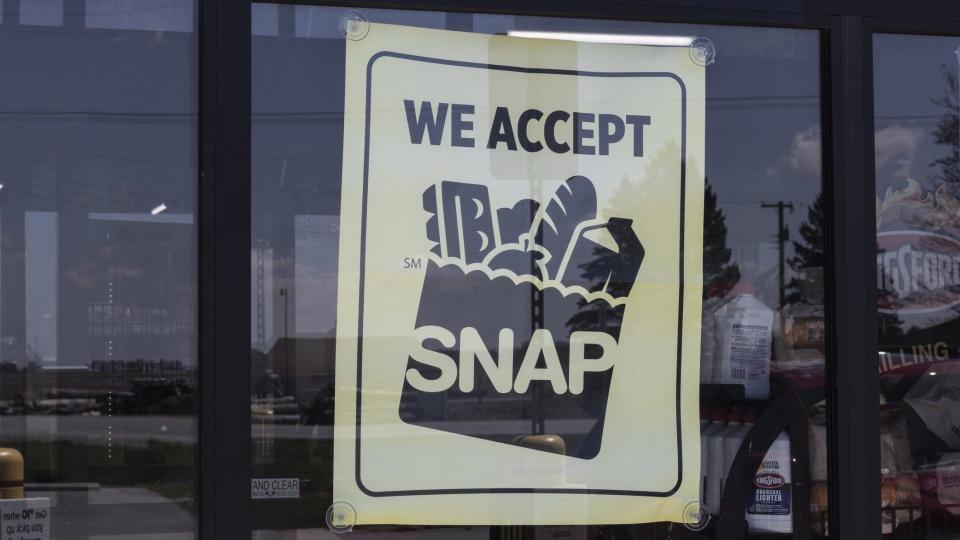United Way Challenges SNAP Work Requirements as ‘Unjust’ — How States Can Waive the Law and Other Workarounds

United Way of New York City, a non-profit organization dedicated to helping low-income New Yorkers make ends meet, has some concerns regarding the decision to increase work requirements for SNAP participants.
Food Stamps: What Is The Maximum SNAP EBT Benefits for 2024?
Learn: How To Get Cash Back on Your Everyday Purchases
“Congress’s decision to impose strict work requirements on adults between ages 51-55 places an unjust administrative burden on individuals who are already struggling to make ends meet,” Cheryl Huber, vice president of food and benefits access at United Way, told New York Nonprofit Media. “During the upcoming Farm Bill negotiations, we must protect and expand SNAP, not limit access, because too many New York City families are in need.”
According to NYN Media, SNAP, formerly known as food stamps, provides food assistance for nearly 1.8 million New Yorkers with low incomes. SNAP is the largest and most important anti-hunger program in the U.S., allowing low-income families to free up household resources for other basic needs.
One of the biggest changes to SNAP this year was the expansion of work requirements added during debt ceiling negotiations in the Limit, Save, Grow Act of 2023. More changes could be coming as Congress drafts new legislation for the 2023 farm bill.
The Congressional Budget Office released an estimate of the budgetary impact of the Limit, Save, Grow Act of 2023, NYN Media reported. The CBO estimated that expanding work requirements would reduce direct spending by $11 billion between 2023 and 2033. However, the report noted that 2765,000, on average, would lose benefits each month because they no longer meet requirements. An additional 19,000 would see reduced monthly benefit amounts.
But the report also noted that states can use a limited number of months of exemptions to waive the SNAP work requirements for people living in areas with high unemployment rates or without enough jobs. The one downside is that the new legislation also limits the share of unused exemptions that states can carry over every year.
Food Stamps: 4 Changes to SNAP Benefits Happening For Fall 2023
If the new work requirement has limited your access to SNAP, there are other workarounds to help support struggling families.
You can find the nearest Feeding America nationwide network of food banks and programs by entering your zip code and connecting with your local food bank. You can also search for free food resources in your area on FreeFood.org. According to Feeding America, you still have options if locations are too far. Give the nearest location a call and ask if they can find something close. If you don’t have a car, they may have a way to bring the food to your house.
More From GOBankingRates
Robert Kiyosaki Shares 7 Steps To Reach Your Financial Goals
This Mistake Can Tank Your Credit Score 100 Points Overnight
This article originally appeared on GOBankingRates.com: United Way Challenges SNAP Work Requirements as ‘Unjust’ — How States Can Waive the Law and Other Workarounds

 Yahoo Finance
Yahoo Finance 